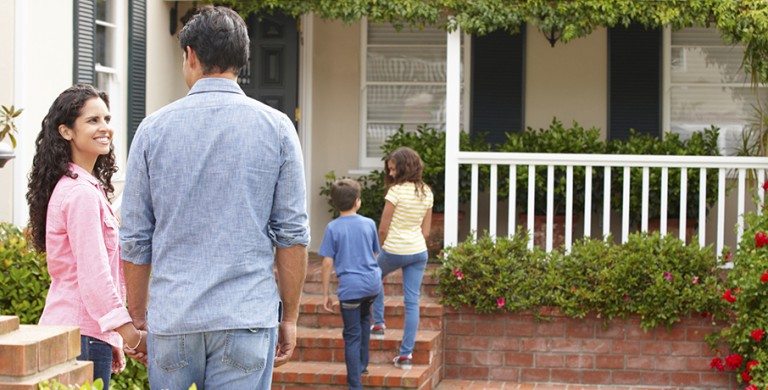Generally speaking, there are two types of window replacement consumers: those who need to replace old, drafty and leaky windows and those who recently purchased a home and want to replace the windows with a window style they want. But no matter your reason for buying replacement windows, there are certain things you should know to help you make an informed decision and get the most out of your investment.
1. What Needs Replacing
You can save money by replacing only the sash if the existing window frame, sill and interior and exterior trim are in good condition. However, if the existing window shows signs of rot or water damage, then a complete window replacement that includes the window unit and frame is necessary.
2. Energy Performance Rating
Nowhere is energy efficiency more important than with your home’s windows. They insulate your home and prevent outside air from seeping in and vice versa. When buying replacement windows, look for the Energy Star label, a designation created through a U.S. Environmental Protection Agency program. For the best efficiency, consider Energy Star windows with both a U-factor (the rate of non-solar heat loss) and solar heat gain coefficient or SHGC (the amount of heat from the sun radiating through the window) of 0.30 or less. Besides saving money on your energy bills, you may also qualify for a tax credit or rebate through the U.S. Department of Energy.
3. Material Type
You have lots of options when it comes to the type of window frame. There’s vinyl, wood, wood covered with vinyl or aluminum, fiberglass, aluminum and composite. So how do you determine which material type is best for your home windows? Here are some characteristics of each type that will help you decide:
Vinyl – Best option for coastal areas because it won’t corrode; Energy efficient; Requires no maintenance; Least expensive.
Wood – Extremely energy efficient; Requires a finish; Needs regular maintenance; More likely to rot, warp, or shrink unless chemically treated; More expensive than vinyl.
Vinyl or Aluminum-clad Wood Frame – Energy efficient; Requires some maintenance. Often difficult to see water infiltration under cladding, which could lead to deterioration.
Fiberglass – Most durable; No maintenance required; More expensive than vinyl or wood.
Aluminum – Comes in many different colors; Can be repainted to change the color; Not very energy efficient; Most expensive option.
Composite – Good resistance to moisture and decay; Requires some maintenance; Costs more than vinyl and wood.
4. Glass Type
For energy efficient glass, the U.S. Department of Energy recommends types of window glass that enhance thermal performance and promote insulation. When deciding on the type of glass and window glass coatings, here are some options to review:
Tints – These change the color of the glass so it can absorb heat. Tints are also excellent for lowering the SHGC and the visible transmittance (VT) of light that enters the window and reduces glare. The most common are bronze and gray tints because they reduce heat and light penetration.
Coatings – Low emissivity coatings, also known as low-e, reduce energy loss by as much as 50 percent by controlling heat transfer through the window. The coating lowers the window’s U-factor and, depending on the type of coating used, can also reduce the window’s VT. A type of low emissivity coating is spectrally selective, which filters out up to 70 percent of heat without blocking light. Also available are reflective coatings that reduce solar radiation and provide a low VT and SHGC. Since this coating blocks the light, it’s a top choice for hot, sunny climates.
Fills – Inert gas, typically nontoxic and odorless argon, is added to the space between the window panes to enhance the thermal performance of the window.
Insulation – This window glazing is typically used on windows with two or more panes of glass. By hermetically sealing the glass panes, the insulation provides a lower SHGC and U-factor.
5. How Long the Windows Will Last
Most replacement windows should last between 10 to 20 years, depending on the quality of the window unit. However, cheaper windows may only have a three to five year lifespan. Some windows may come with a 50 year or lifetime warranty. Be sure to read window warranties carefully so you understand what the warranty covers and actions that can void the warranty’s guarantees.
As always, you can rely on the Roofing Annex to answer any questions you may have about replacement windows and to recommend options that best meet the style of your home, your climate and your preferences. Rest assured, we’ll help you find the right fit for your window. Give us a call today toll-free at 855.55.ANNEX (26639) or email us at info@roofing annex.com.




